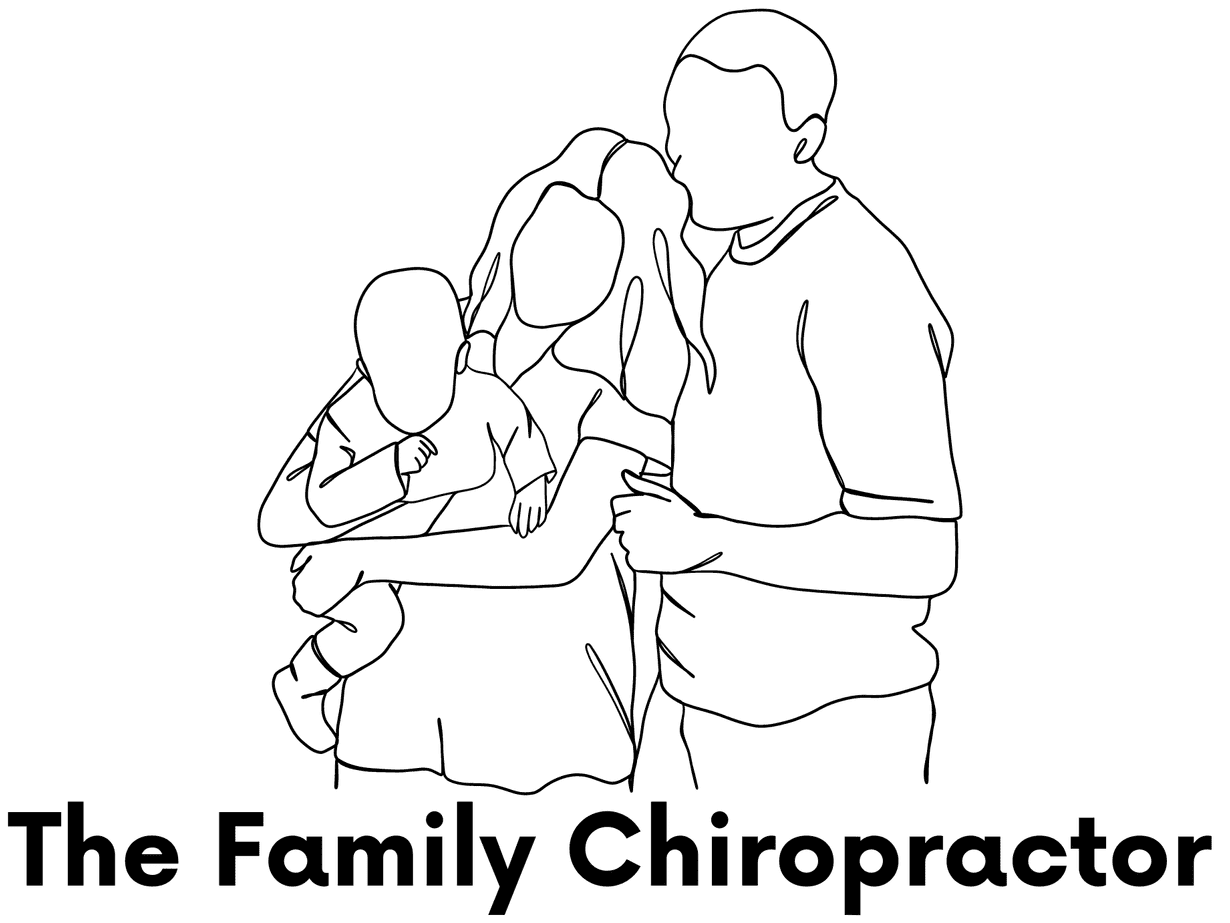Chiropractic and nerve entrapment: a holistic approach for neck, back and shoulder pain with a trapped nerve
A nerve entrapment is a condition in which (the name says it all) a nerve becomes trapped. The nerve can become pinched between different tissues such as bones, ligaments or muscles. This can cause significant pain and discomfort, ranging in intensity from 'nagging' to so painful that it is very restrictive in your daily activities. At The Family Chiropractor in Den Bosch, we offer chiropractic care aimed at removing blockages of the spine, allowing the nervous system to function optimally and reduce nerve pain. We work with a holistic view, offering a natural approach to neck and shoulder pain, including nerve entrapment.


Causes of nerve entrapment
Nerve entrapment can be caused by several factors. In addition, the causes can vary depending on the location of the entrapment. Some common causes of nerve entrapment are:
1. Hernia or Bulging Discus (protrusion of the intervertebral disc)
A hernia can put pressure on adjacent nerves, leading to entrapment. This can occur in the spine, for example in the neck (cervical disc herniation) or lower back (lumbar disc herniation), among others.
2. Poor posture
Prolonged sitting with poor posture can lead to nerve entrapment, especially in the neck and shoulders.
3. Injury or trauma
An injury, such as an injury, accident or fall, can lead to nerve entrapment.
4. Excessive pressure
Tissues such as muscles or bones can inadvertently put pressure on nerves, which can result in entrapment.
5. Arthritis or changes in bone structure
Degenerative changes in the joints, such as arthritis, can lead to inflammation and bone protrusions that pinch nerves.
6. Swelling or inflammation
Swelling due to inflammation, for example in conditions such as carpal tunnel syndrome, can put pressure on nerves.
7. Genetic factors
Some people may be genetically more susceptible to conditions that cause nerve entrapment.
8. Overuse or repetitive movements
Repeated movements or excessive strain, such as repeated lifting or typing, can strain nerves and cause entrapment.
9. Changes in tissue structure
Changes in the tissue structure around nerves, such as scar tissue, can impede normal movement and cause nerve entrapment.
Specific causes pinched shoulder nerve
A nerve entrapment in the shoulder occurs when a nerve, usually the suprascapular nerve or the axillary nerve, becomes pinched or compressed in the area around the shoulder. This can have several causes and can lead to symptoms such as pain, tingling, numbness and weakness in the arm or shoulder. Some specific possible causes of nerve entrapment shoulder are:
Rotator Cuff Problems: inflammation, injury or tears in the rotator cuff muscles can put pressure on the nerves in the shoulder.
Joint instability: instability in the shoulder joint can lead to abnormal pressure on the nerves.
Joint inflammation: inflammation in the joints around the shoulder, such as in arthritis, can cause nerve entrapment.
Shoulder luxation ('dislocation'): a dislocation of the shoulder joint can put pressure on nerves.


Specific causes back nerve entrapment
Nerve entrapment in the back can occur when a nerve becomes pinched or compressed, leading to pain, tingling, numbness and weakness in the areas served by that nerve. Some possible specific causes of nerve entrapment back include:
Hernia of the intervertebral disc: A common cause is an intervertebral disc herniation. With a herniated disc, the soft inner part of the disc can bulge and put pressure on adjacent nerves.
Spinal stenosis: Narrowing of the spinal canal can pinch nerves in the spine, especially with ageing or degenerative conditions.
Spondylolisthesis: This occurs when a vertebra slides out of position and puts pressure on nearby nerves.
Muscle cramps and tension: Excessive muscle tension or cramps in the back can affect nerves.
Specific causes of neck nerve entrapment
A nerve entrapment in the neck, also known as cervical radiculopathy, occurs when a nerve root in the neck is compressed or irritated. This can have several causes and can lead to symptoms such as pain, tingling, numbness and weakness in the arm or hand. Some specific causes of nerve entrapment neck are:
Foraminal stenosis: Narrowing of the foramen, the opening where the nerve roots leave the spine, can pinch the nerves.
Spondylosis: Degenerative changes in the spine, such as osteoarthritis, can lead to the formation of protrusions that put pressure on nerves.
Neck injury: Traumatic injury to the neck, such as in a car accident, can cause nerve entrapment.

Chiropractic approach for nerve entrapment neck, back and shoulder
A chiropractor can treat and attempt to relieve nerve entrapment in several ways. A chiropractor uses the so-called chiropractic adjustments. These are targeted and controlled movements in which forceful pressure is applied to specific joints. These adjustments can help release blockages in the spine, allowing the nervous system to function better and reduce pressure on nerves.
In addition, chiropractors can use mobilisation techniques to gently move joints and improve flexibility. This helps reduce tension and pressure on nerves. Chiropractors may also recommend specific exercises to strengthen the muscles around the affected nerve. Stronger muscles provide more support and help reduce pressure on the pinched nerve. Finally, a chiropractor can also help with nerve entrapment through posture advice. Chiropractors often give advice on ergonomics and posture. Adjusting posture can help reduce excessive pressure on nerves, especially in cases of nerve entrapment due to poor posture (often in the neck and shoulders).
The treatment plan can vary depending on the specific cause and severity of the nerve entrapment. It is important to work with a qualified chiropractor who can conduct a thorough evaluation and create a personalised treatment plan. So make sure that the chiropractor you visit is affiliated with the professional association (DCF) and the National Register of Chiropractors (SNRC). Incidentally, this is also a requirement if you are seeking treatment want to be reimbursed by your insurance.
Benefits of a chiropractor for a pinched nerve
Chiropractic care can quickly and effectively reduce pain by relieving pressure on pinched nerves. Chiropractic adjustments help restore normal movement patterns, which is essential for preventing future nerve entrapment. This restores your normal mobility and allows you to move without pain and discomfort. Chiropractic focuses not only on symptom relief but also on addressing the underlying causes of nerve entrapment.
At The Family Chiropractor, our approach goes beyond treatment alone. We also offer lifestyle advice and preventive care to prevent recurrence of nerve entrapment. At our practice, your wellbeing is our focus, and we aim to support you in achieving a healthy, pain-free lifestyle. Book an appointment today And experience what chiropractic care can do for you!




